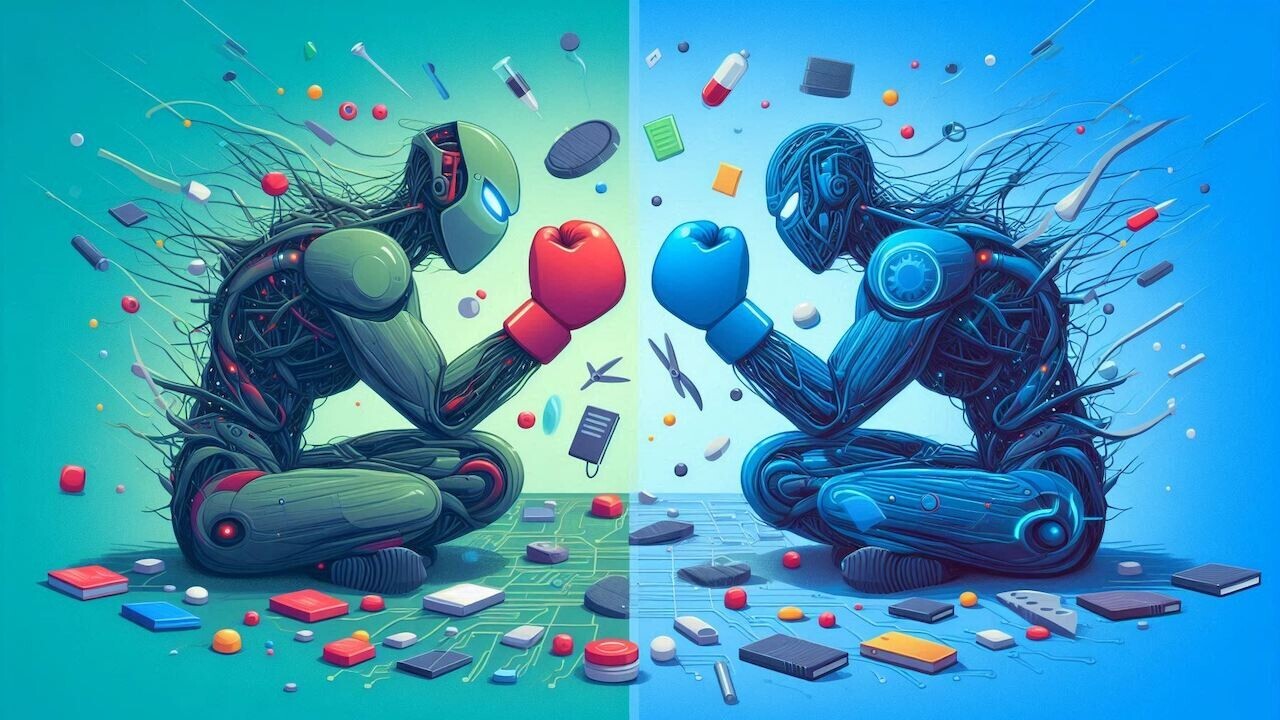
As artificial intelligence continues to reshape the tech landscape, developers are increasingly faced with the task of selecting which programming languages are the most beneficial and effective in terms of AI development.
Taking into consideration the rapid growth of AI and machine learning, is one programming language better poised to address the demands of this evolving field?
Java has been a programming stalwart since its inception in 1995, and remains one of the most popular languages for web applications and big data processing, however, Kotlin, a relatively new kid on the block, is nipping at its heels.
5 jobs hiring across Europe this week
- Test Engineer High Tech – Netherlands based only, Capgemini, Netherlands
- Software Developer, InTraffic, De Bilt
- Optronic Bench Software Development Engineer, MBDA France, Le Plessis-Robinson
- Vulnerability Management Analyst, Atos, Bezons
- Software Architect, TREKEA SAS, Paris
And although Python dominates in research and prototyping, Java and Kotlin are strong choices for production AI systems, especially in large-scale enterprise environments. This is thanks to a recent update in which Kotlin streamlined onboarding and reduced its error rate by almost 30%.
Kotlin in action
Developed by JetBrains in 2010, Google announced Kotlin as the preferred language for Android in 2019. This year, the tech giant deemed it the technology of choice to share business logic across multiple platforms.
Kotlin has quickly gained popularity for its concise syntax, expressive language features, and seamless interoperability with Java.
It has multi-platform capability and allows developers to create apps for iOS, Android, desktop and web from one codebase which eliminates discrepancies between platforms and reduces overall development efforts.
Interoperability is also a key feature and Kotlin can work concurrently with Java, meaning developers don’t need to abandon or disrupt current workflows.
Kotlin is also tailored for business logic programming including areas such as payment processing and financial transactions, making it a practical choice for developing secure, scalable systems in industries such as e-commerce, fintech, and enterprise software.
So could Kotlin ever feasibly replace the likes of Java?
“Partially, yes,” suggests Egor Tolstoy, Kotlin Project Lead at JetBrains, and a Kotlin Foundation Board member.
“Kotlin is a perfect fit for several scenarios: Android development, server-side development, multiplatform programming, and as a first language to dive into coding,” he says. “Kotlin is on the rise today, and we see even more opportunities for it to grow. After Kotlin was approved by Google for Android development, more than 50% of Android developers switched to it from Java, and also up to 20% of Java server-side developers. Kotlin is the number two language in the JVM ecosystem and is growing in popularity among Spring developers.”
Dependency on Java libraries
However, it’s worth noting that many developers using Kotlin for AI still rely heavily on Java libraries due to Kotlin’s Java interoperability.
And in the context of AI, Java has many advantages. It remains a robust choice due to its mature ecosystem, solid tooling, and vast ecosystem of libraries and frameworks. Deeplearning4j, Weka, and MOA, are particularly beneficial when it comes to machine learning, deep learning, and data mining tasks.
Java’s “write once, run anywhere” principle means a developer can develop Java code on any device and run it on any other Java-enabled system that supports the Java Virtual Machine (JVM).
Additionally, its strong concurrency support—AI tasks often require parallel processing—makes it a sensible choice for developing scalable AI systems.
Further considerations
As AI continues to evolve, Java maintains its relevance with its established ecosystem and comprehensive tool sets for machine learning and data analysis. Java is arguably better suited to projects integrated with existing Java frameworks or requiring access to a broader array of AI libraries.
That said, Kotlin is rapidly advancing, providing a contemporary and user-friendly programming environment which hints at a more efficient and streamlined coding experience.
And for those embarking on new AI ventures who are looking for concise, modern syntax, Kotlin is a worthy contender.
Ready to find your next role? Check out The Next Web Job Board
Get the TNW newsletter
Get the most important tech news in your inbox each week.






